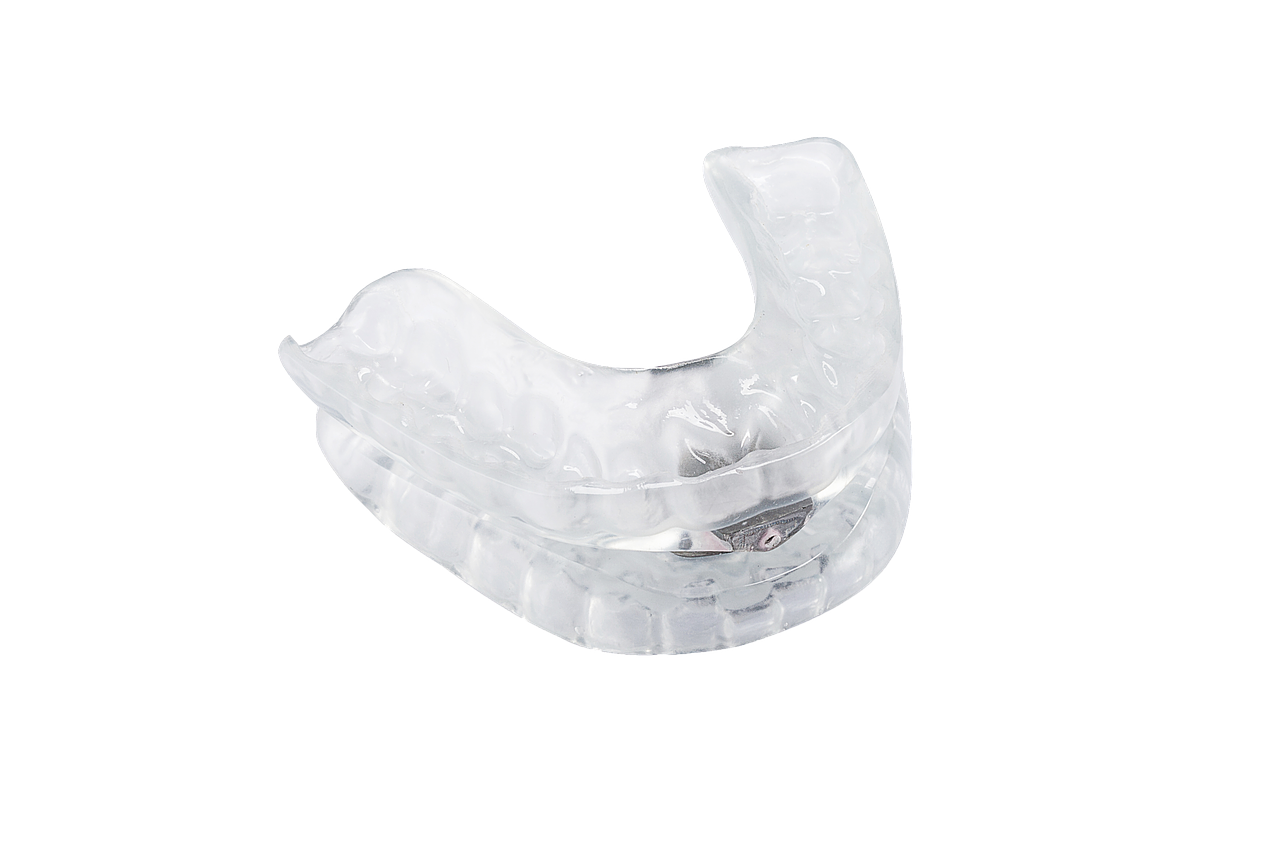Snoring is the hoarse sound that a person produces when they are sleeping. It can be embarrassing and annoying, especially to the person you share a bed or a room with. People who snore may be a result of severe sleep apnea, which reduces their life span. Sleep disorder is also related to health problems such as depression and heart disease. It’s because of the following health risk that is associated with it.
1. Mouth Anatomy
Snoring is a result of mouth anatomy. Ensure you see a snoring dentist check your mouth’s airway. Your airway may be narrow due to having a low, thick, soft palate. The health risk associated with that is having excess weight. They have excess tissues at the back of their throats, which results in narrowing their airway.
Also, if the uvula, the triangular tissue that hangs from the soft palate, is elongated, it obstructs the airflow and thus increases vibration. The vibration is characterized by snoring. According to medical experts, most overweight people have sleeping disorders.
The extra fat around their neck complicates their breathing at night. You must monitor your weight to avoid such health risks. Consider going through the meals that help in reducing weight or exercising. Alternatively, you can visit a sleep specialist to help you in getting treatment for the condition.
2. Stroke
According to health research related to sleep disorders, it shows that snoring is related to the health risk of carotid atherosclerosis. It occurs when the arteries narrow in the neck due to fat deposits to form a substance known as plaque. Consequently, the plaque results in stroke.
Therefore, the longer and louder the snore, the more you are likely to get a stroke. It is common for those who experience daytime sleepiness. Ensure you get treatment for snoring and consult for other disorders that may be characterized by it, such as sleep apnea. It is also dangerous for those who are diagnosed with high blood pressure.
3. Heart Diseases
Sleep Apnea has a link to cardiovascular complications such as coronary artery disease and high blood pressure. Therefore, there is a high possibility of getting a heart attack. Snoring is a result of sleep apnea.
According to medical research, patients suffering from sleep apnea are most likely to get fatal or nonfatal heart attacks. You should get medical attention for the sleep disorder to impact the healing process significantly. It is because it reduces the blocking of arteries and thus reduces snoring.
4. Injury
Snoring has a dangerous effect on the injury, which is characterized by sleep deprivation. The injury is caused by a lack of enough sleep at night that causes you to sleep during the day. As a result, you may fall off the steering wheel while driving, which is very dangerous and may cause an injury.
In severe cases, you might sleepwalk during the day and hit yourself for falling, which leaves you with an injury.
5. Effect on Mental Health
Snoring may cause serious mental health issues. One of the mental health effects is depression. Medical research shows that the more a person snores at night, the more likely they have anxiety symptoms and depression.
When you treat snoring and sleep apnea, it reduces the effect of depression. Most people who snore at night wake up with a painful headache. People who experience morning headaches are likely to have a mental health condition.
Treating sleep apnea and snoring will reduce the frequent morning headaches compared to over-the-counter drugs.
6. Fetal Complications for Pregnant women
Pregnant women who snore, especially during the final trimester, are likely to have weight gain. Interrupted sleep is likely to affect every aspect of your health, including that of the baby. Women who experience snoring must visit the doctor to get proper medical attention.
Before you make fun of a pregnant woman who has difficulties snoring, you should take them to the nearest hospital for checkups.
In Conclusion
Sleeping is not fun, and people should avoid laughing at those who are suffering from it. If you have any sleep disorder, you should seek medical attention as soon as possible to avoid contracting the health risks involved. Treatment will help you get back to sleep.

